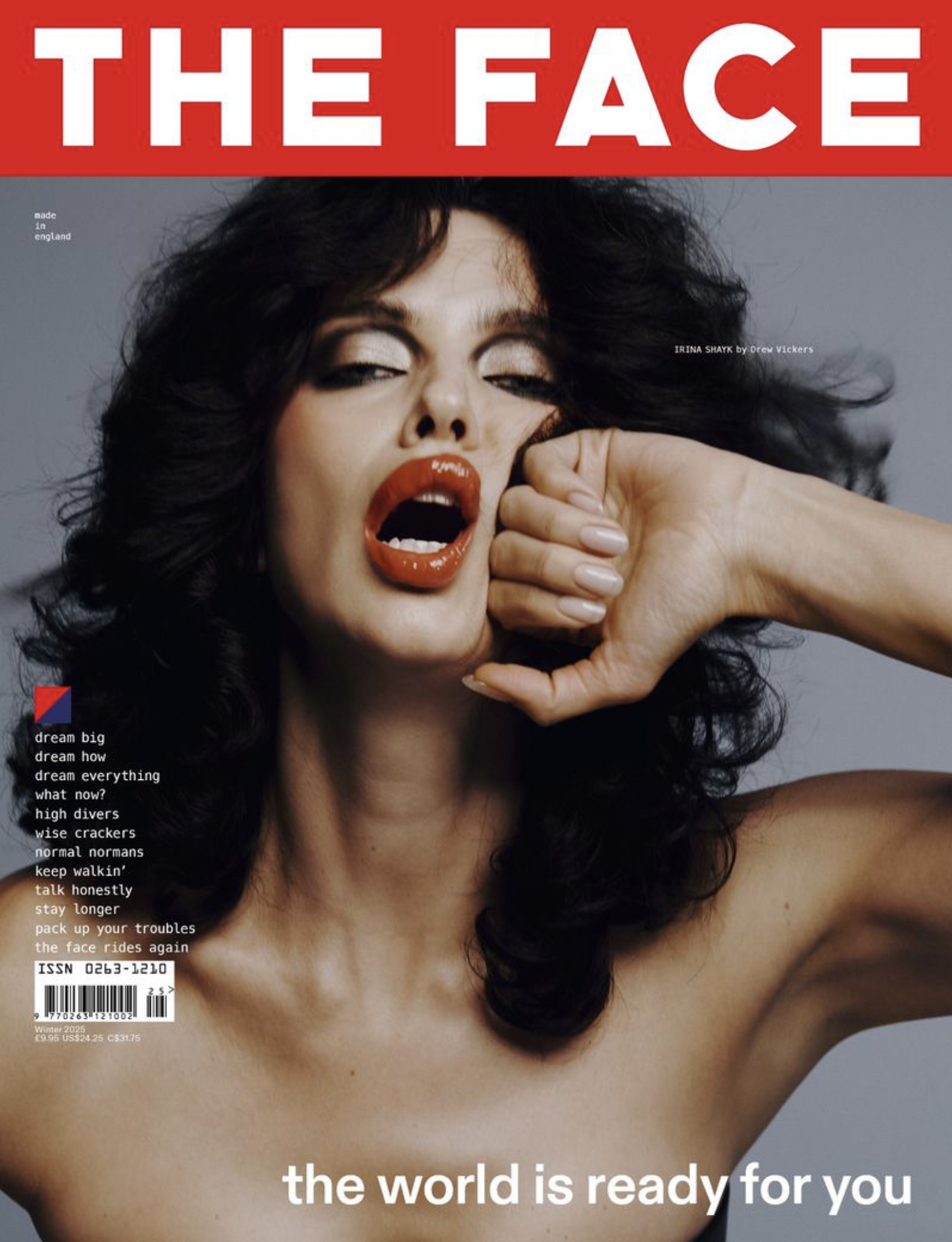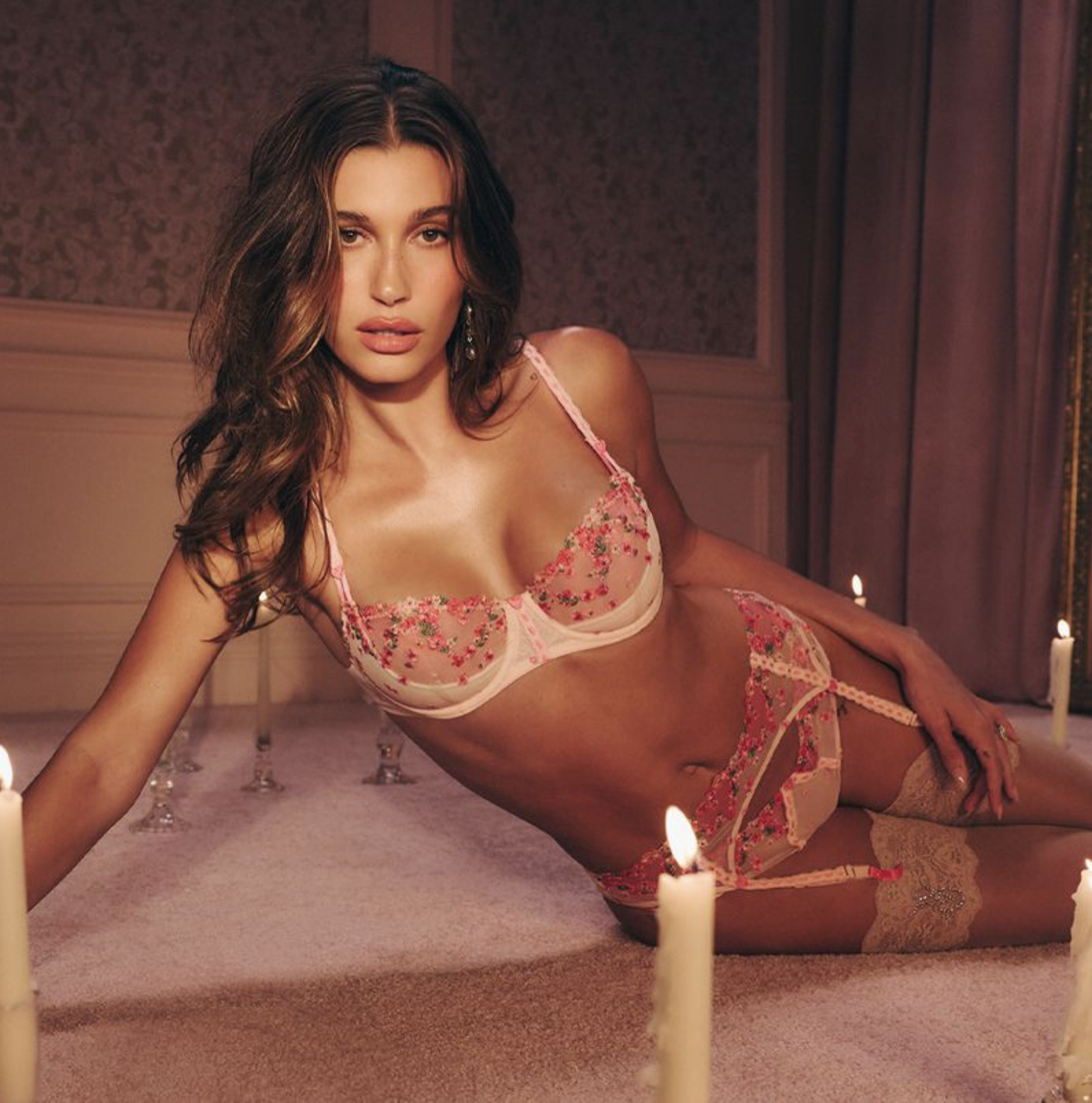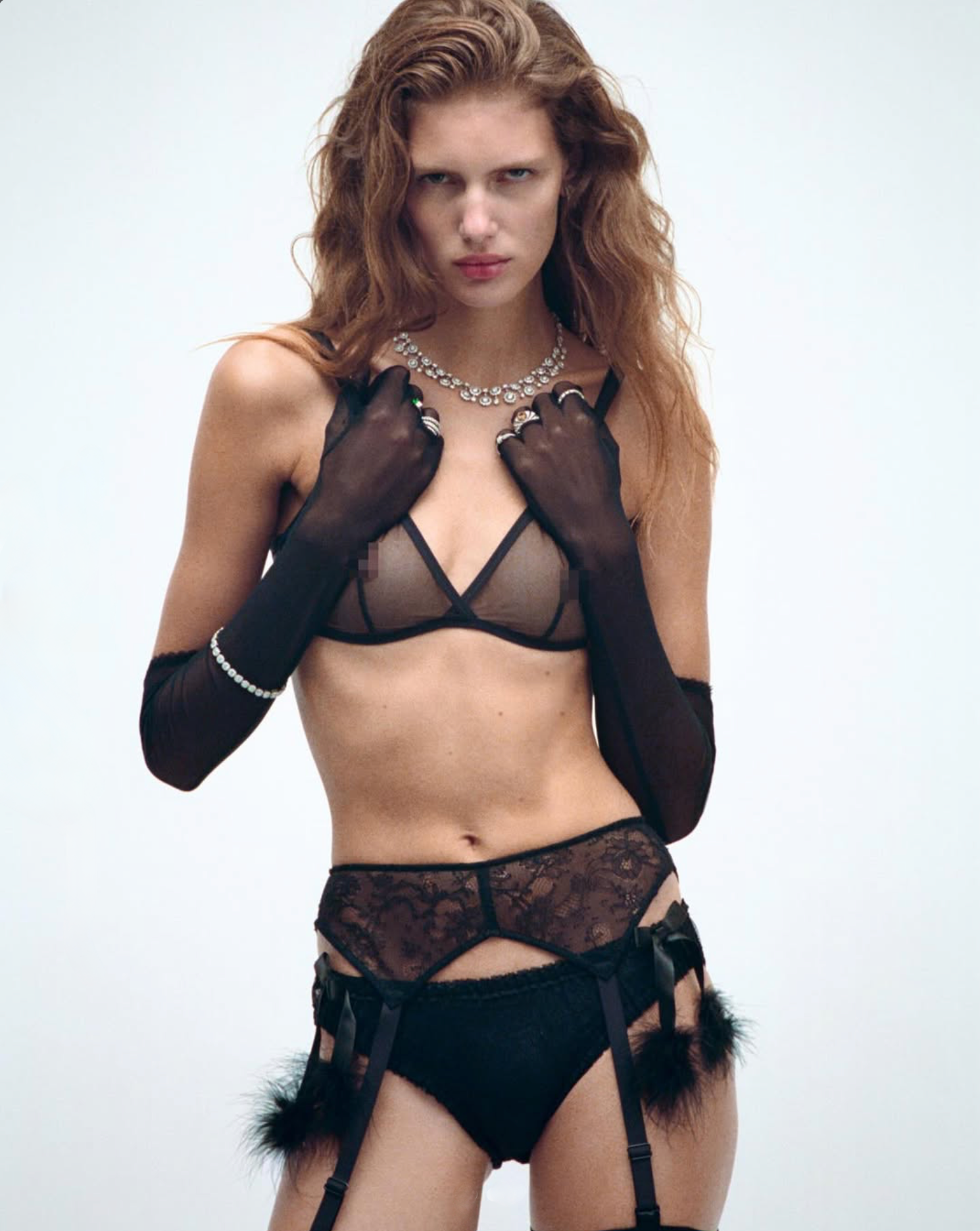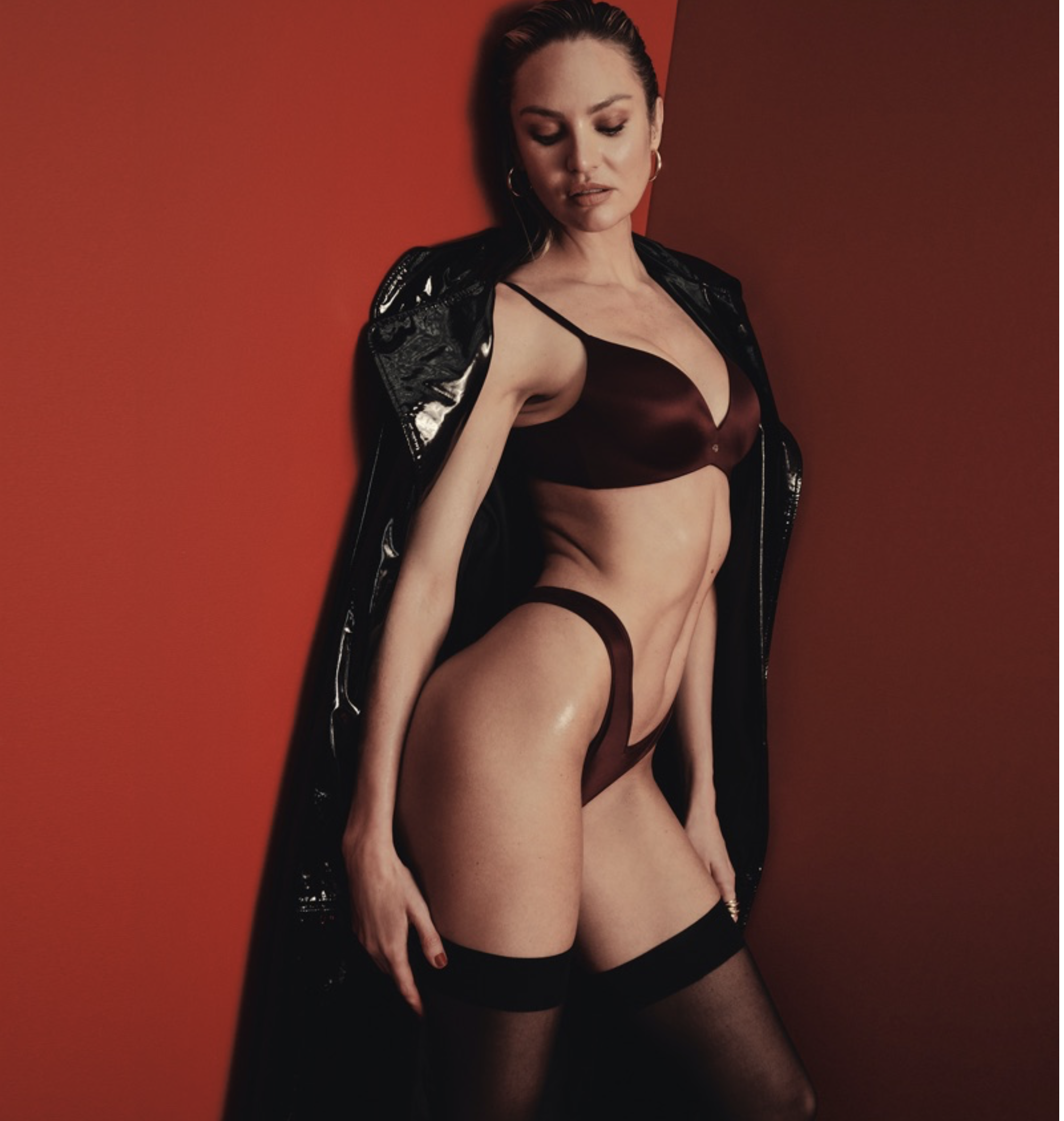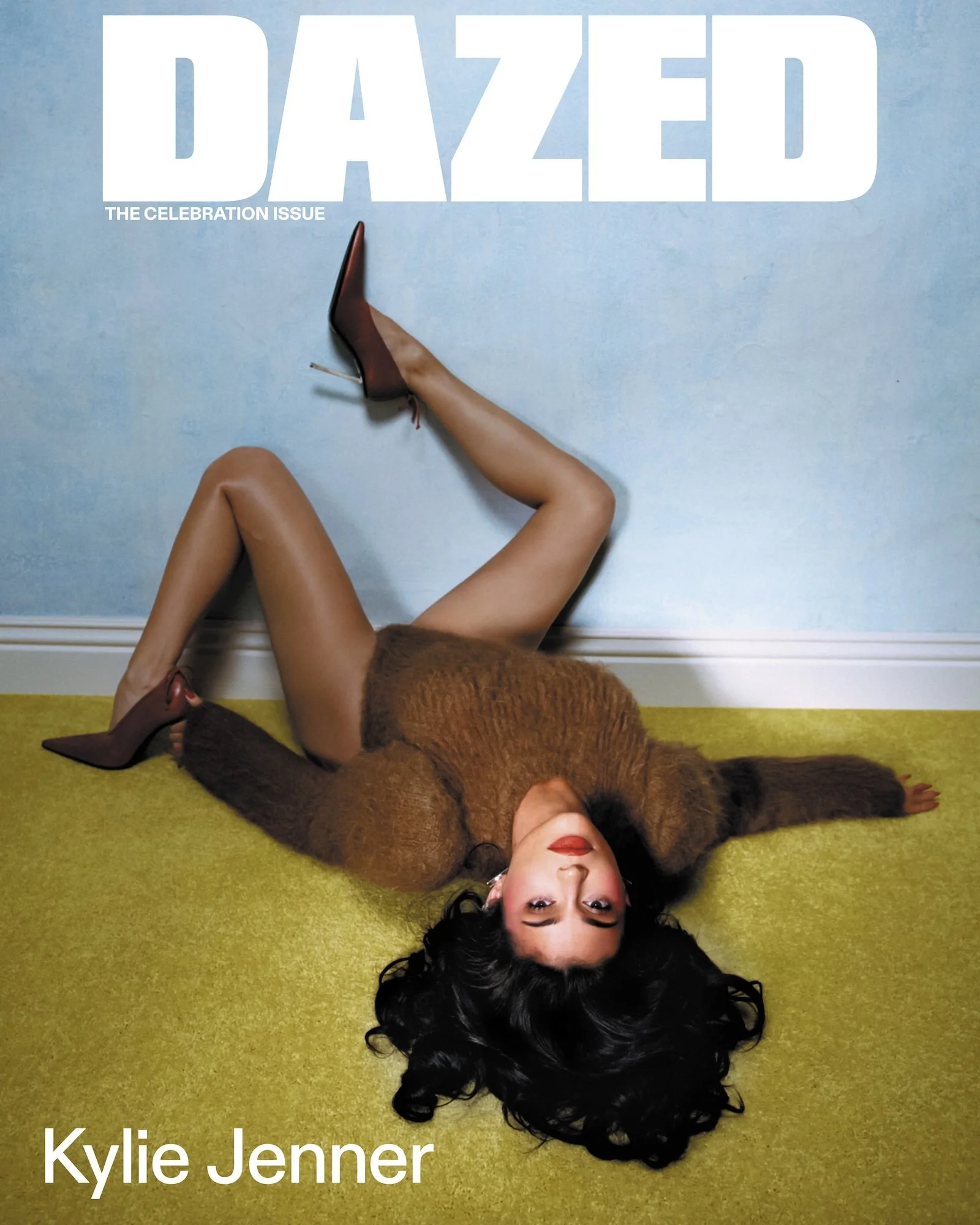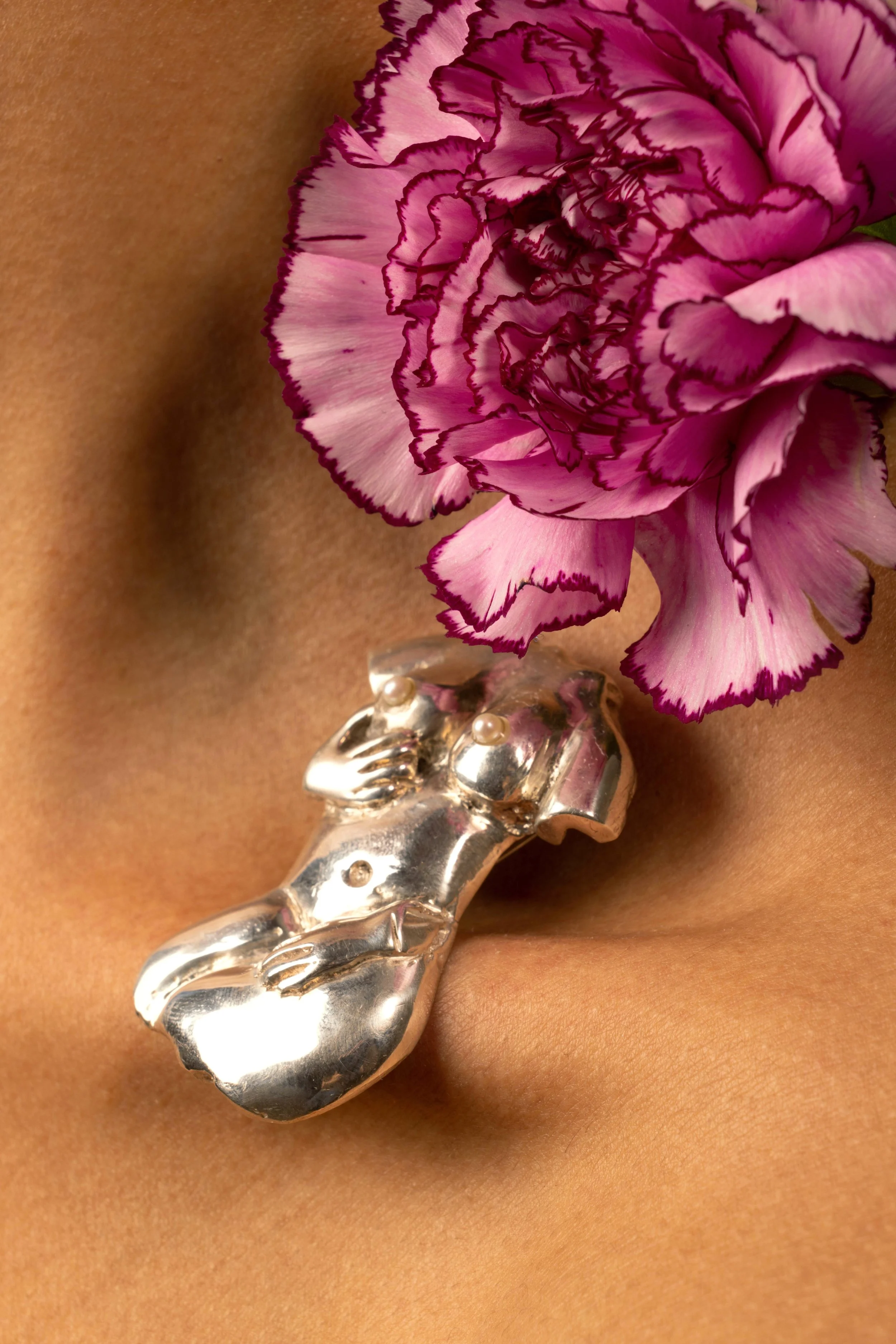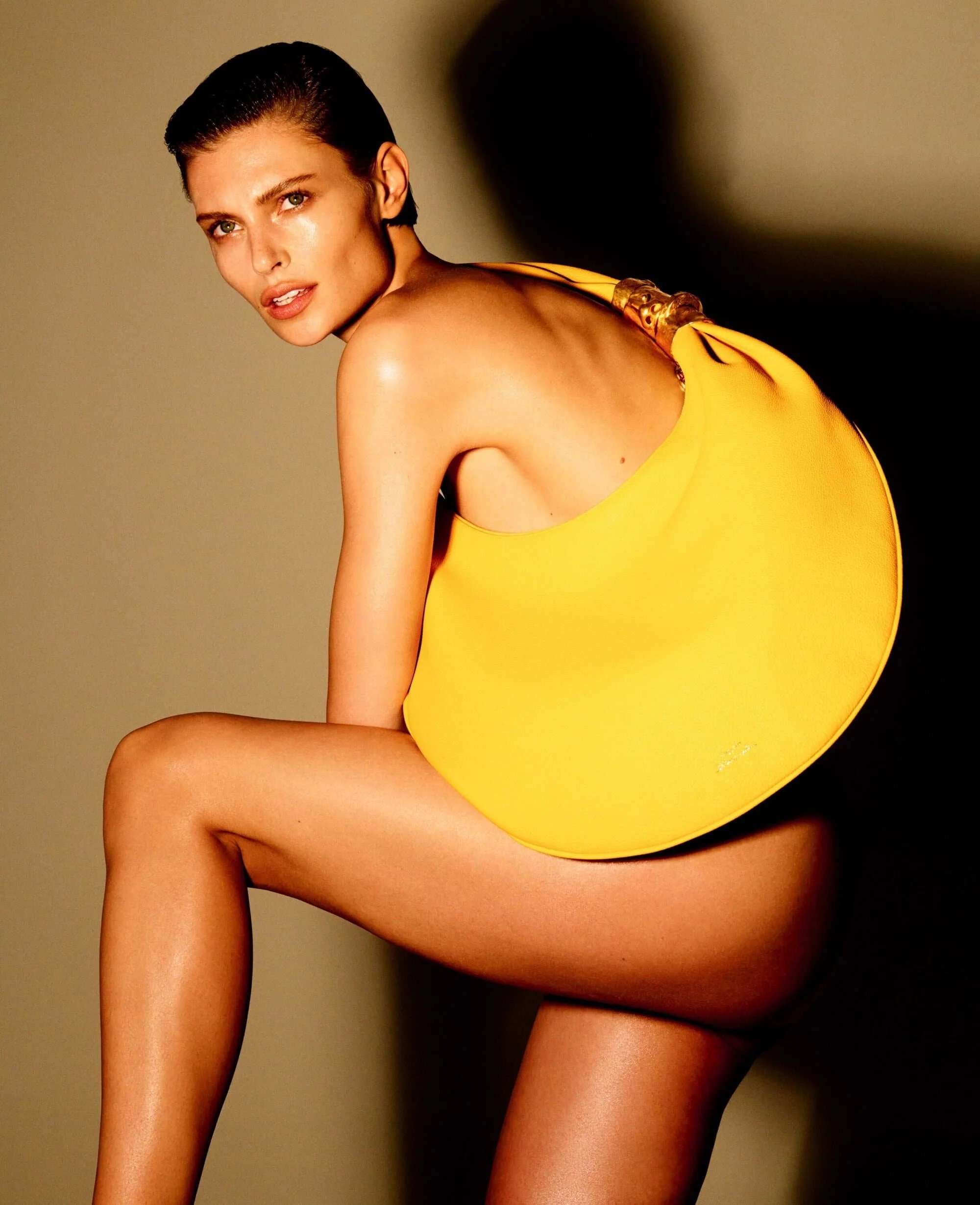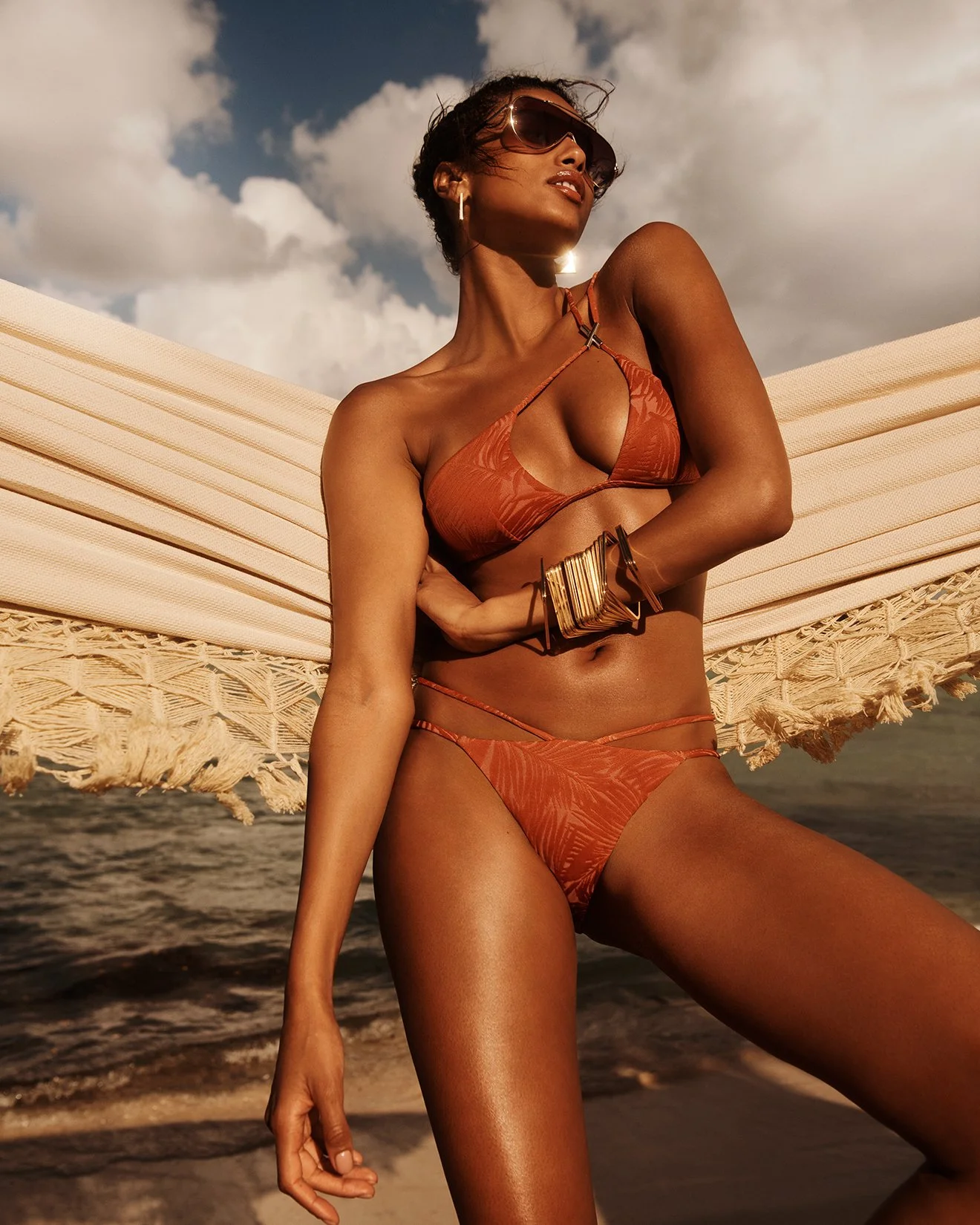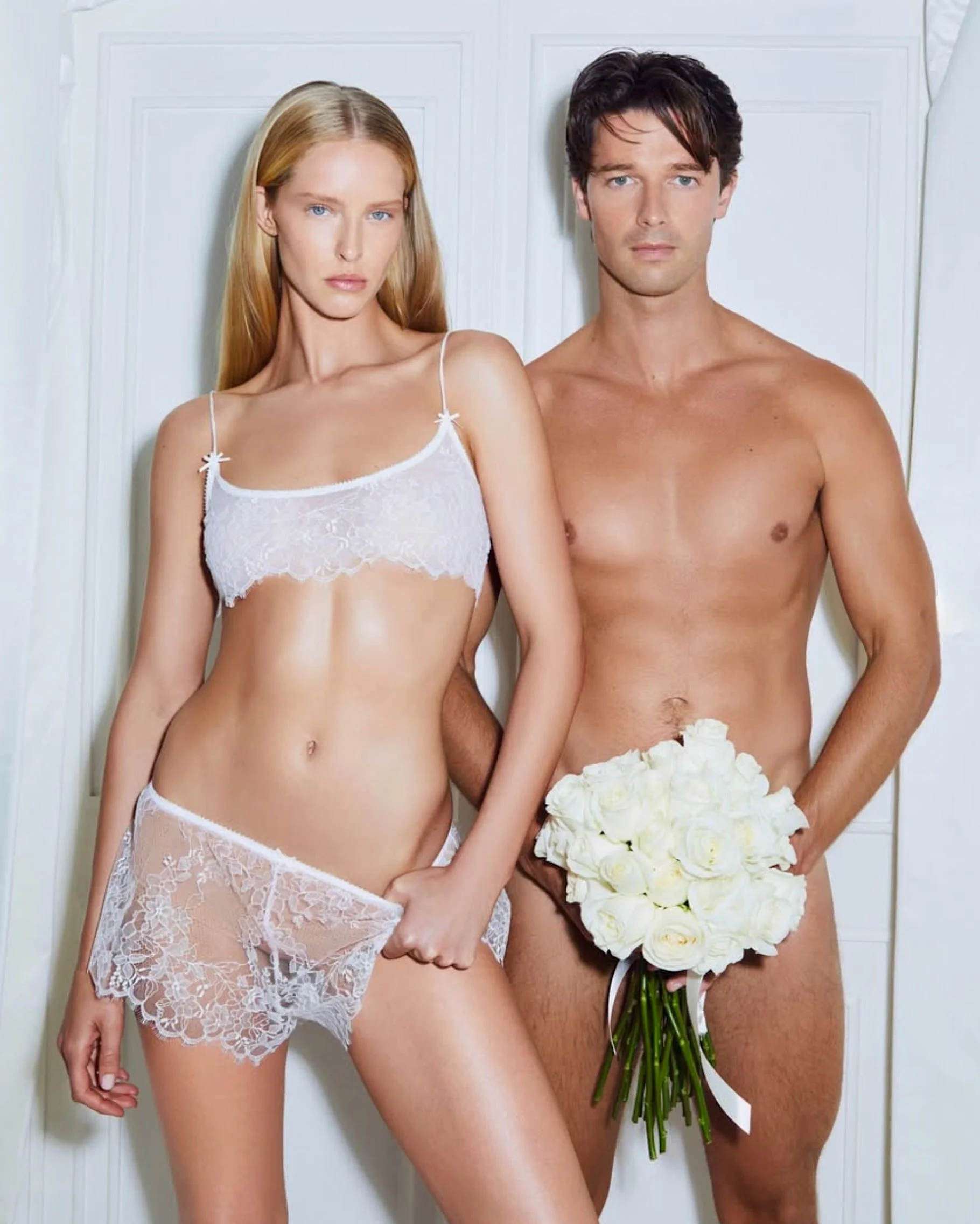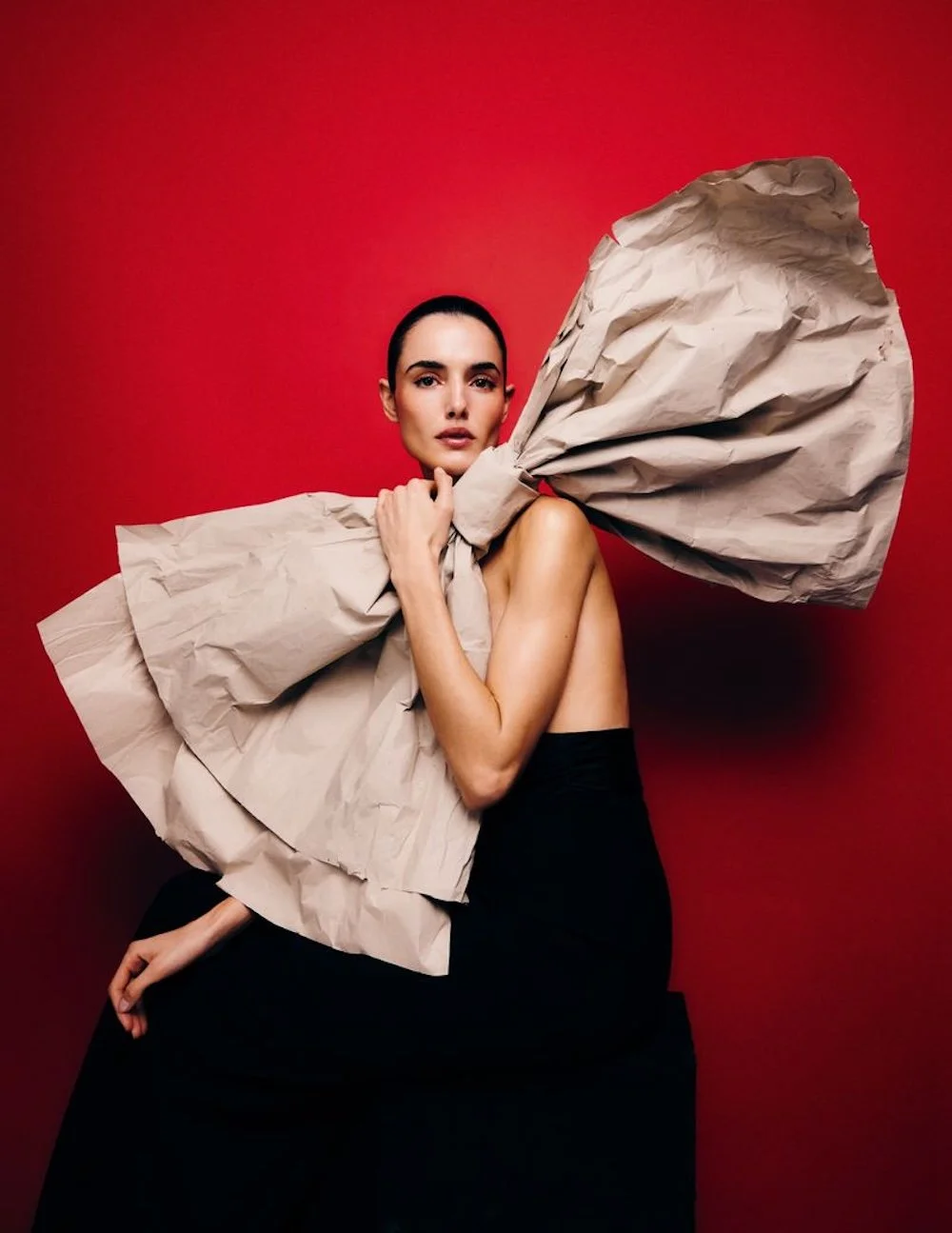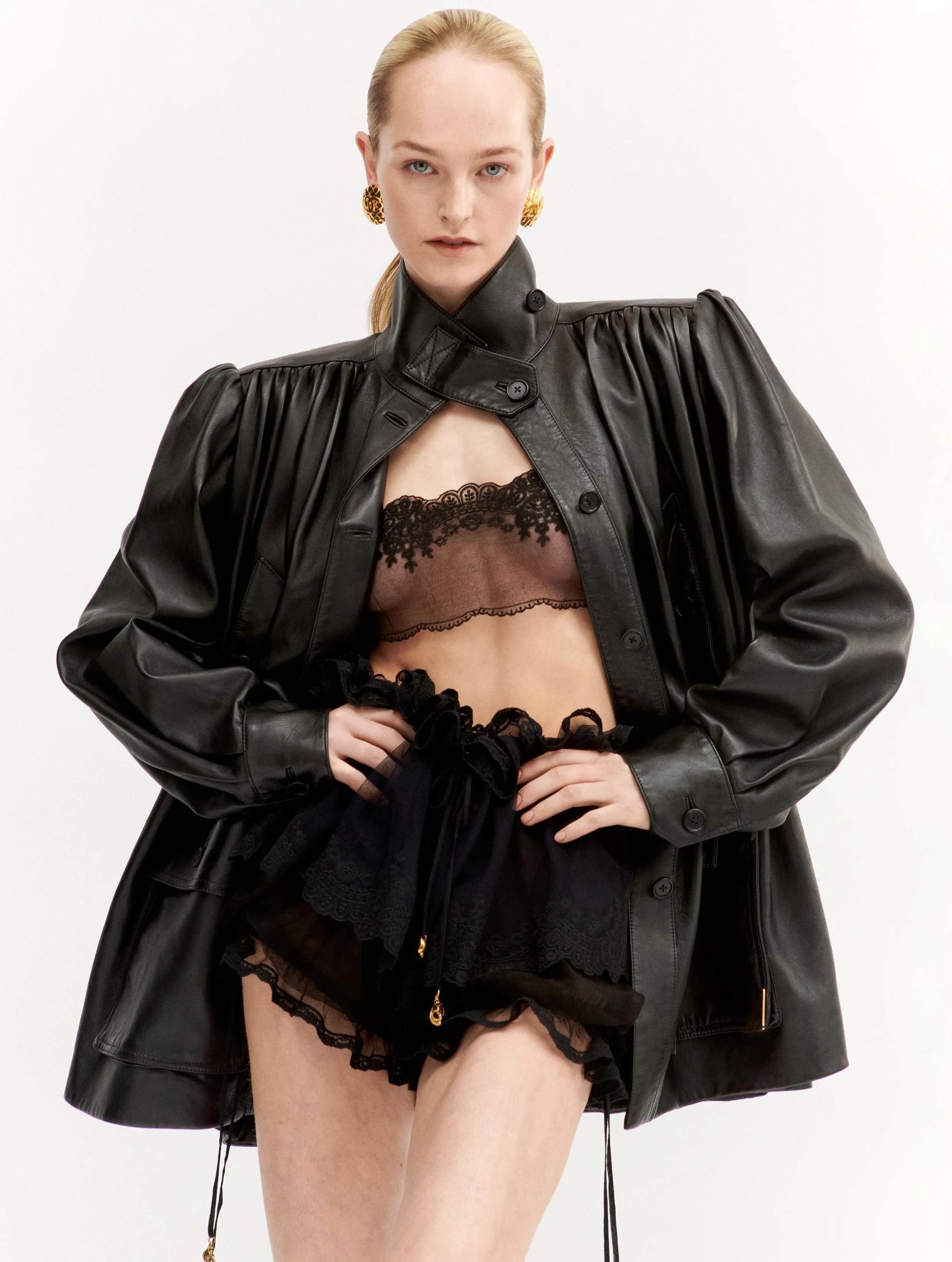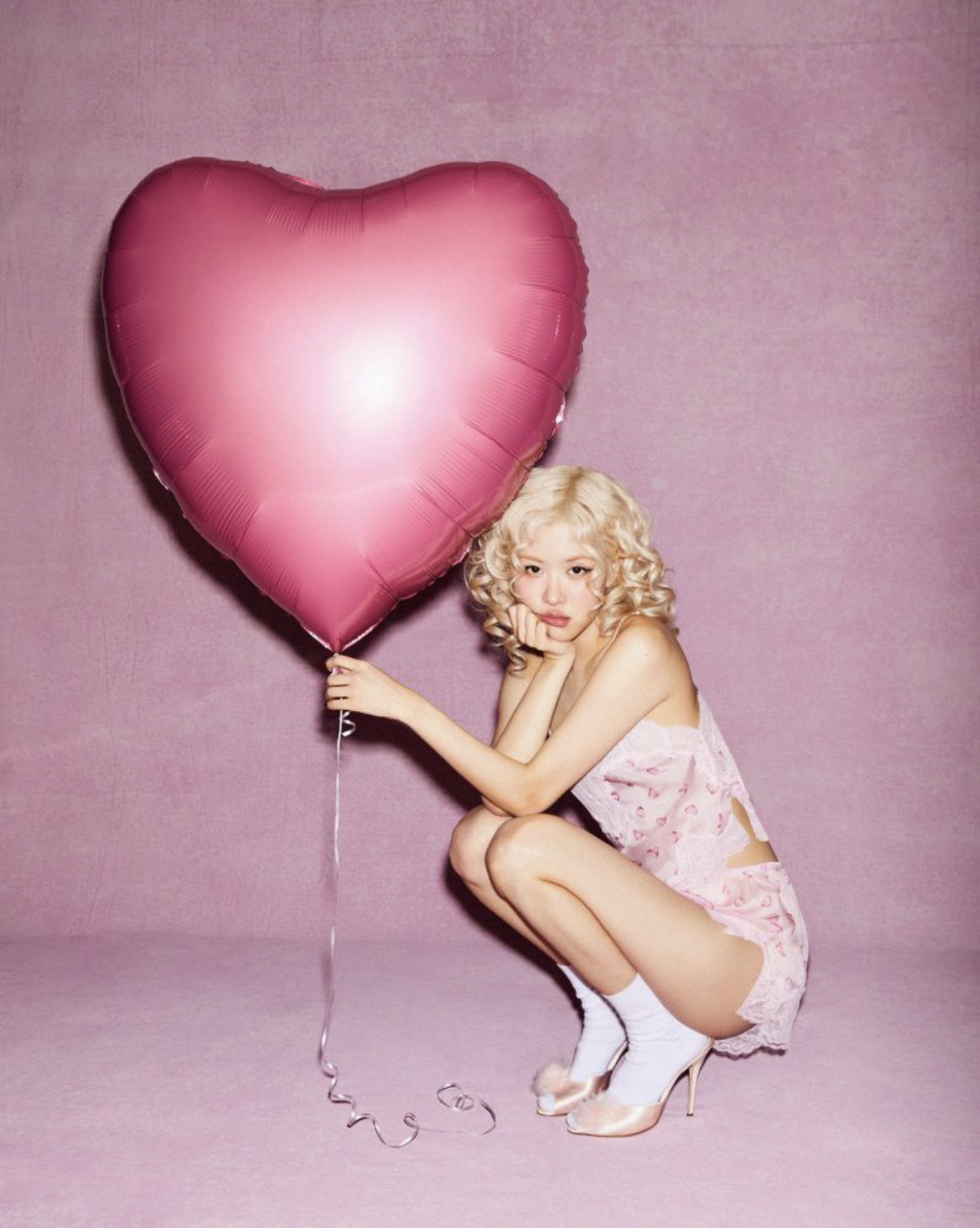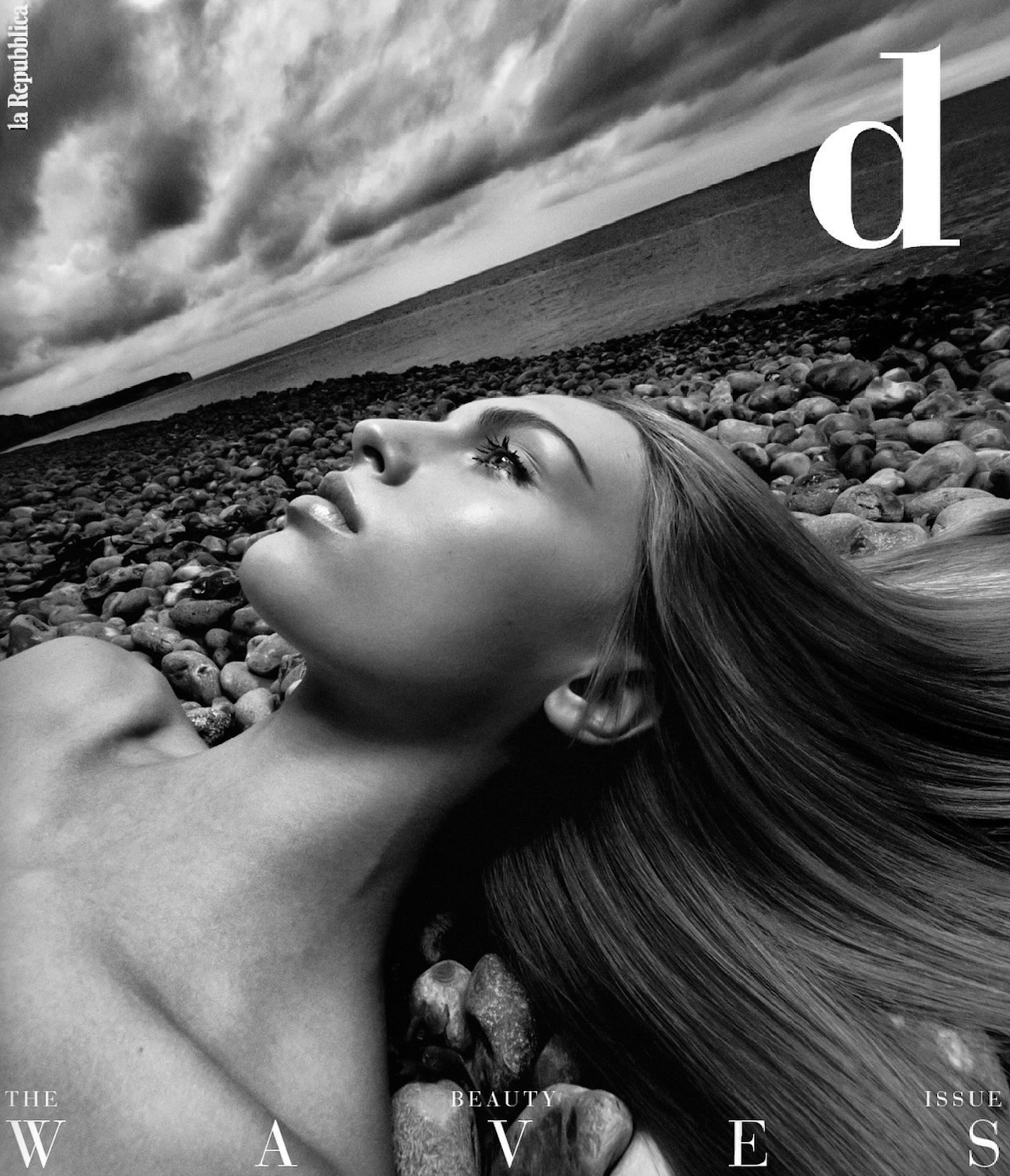American Women's Endless Body Image Battle
/We apologize in advance to Allure Magazine, but we have cropped the photos to get our Google Image rating reinstated. Showing them as published can cause an 80% drop in our traffic. Of course we support Google’s commitment to keeping children safe.
There were no complaints from readers, but we must not rank in Google Images unrestricted-only search. So sorry. Also, we’re not linking into Allure, because their url carries a ‘bad’ word that causes problems for us. The word is ‘n-k-d’. You can see the photos in Sensuality News, where we hope not to have a lower rating, but will accept it if necessary. Anne
 Colbie Caillat for for May 2010 Allure magazineOur brains are complex organisms, especially when the subject is body image and sense of self.
Colbie Caillat for for May 2010 Allure magazineOur brains are complex organisms, especially when the subject is body image and sense of self.
As fond as we are of them, our brains aren’t always good partners in helping us create an effective blueprint for reaching our goals. Millions of neurons and a data-making highway of dendrites create “reality” from a constantly changing stew that includes perceptions, emotions, imagination, memories, social values, religious directives and physical sensations.
To suggest that we’re in charge of our self-image is only half correct. A host of other so-called ‘helpers’ are operating behind the scenes, and often those ‘friends’ aren’t worth keeping.
The Body|Beauty|Sexy blog was born in the midst of the Fall 2009 Ralph Lauren photoshop controversy — and for good reason. American women are unusually self-critical, compared to women in other countries.
In simple words, American women believe we ‘peak’ much sooner than French, Italian or Brazilian women by a gap of 12-20 years. Sadly, American women interviewed in Dove’s global beauty study said they were at ‘peak best’ as women — a concept that encompassed a woman’s best self, not only physical looks — at 28.
Self-esteem is a personal evaluation of one’s worth as a person. It measures how much you respect yourself.
Physically: (How happy you are with the way you look)
Intellectually: (How well you feel you can accomplish your goals)
Emotionally (how much you feel loved)
Morally (how you think of yourself as a person)
‘Physically’ is listed first, because no matter how much we argue that this is the wrong premise for self-evaluation, physicality rules in America. I believe that the psychological causality for our obesity epidemic among American women lies in this terrain.
Today, I’m sticking with the ‘p’ word: physically.
Allure Magazine Shares ‘The Naked Truth’
This week, Allure magazine published its annual group of naked celebrity women, along with their thoughts about posing fully-exposed before the world.
In every case, the women spoke of the self-confidence required to go through with the photoshoot. Catherine Zeta-Jones, who swore she would never give up her curves, went on a serious diet. Photographed above, Colbie Caillat’s photoshoot behavior underscores just how complex nudity and body self-acceptance are for American women.
No two ways about it: Caillat was nervous about this shoot. She brought a bottle of wine in case she needed liquid courage (she didn’t, in the end) and stayed covered till the last second: She wore flesh-tone underwear until she was positioned. “When we were sure nothing was showing, they snipped it off.” Her attitude carried her through. “I worried that it might make [my younger fans] think I was changing somehow. I hope they think to themselves, Yeah, she’s showing a woman’s body, and it’s beautiful. via Allure
Coincidentally, but with perfect timing, researchers at Brigham Young University released a survey of 10 each, psychologically-screened American women and men to participate in a fMRI-scanned study on fatness and self-perception.
 Jessica Capshaw for Allure Magazine May 2010The differences between men and women were amazing, and mirror other scientific research on gender-differentiated responses on guilt. A couple weeks ago, a Spanish journal published research that men feel little guilt, and women always feel guilty about the slightest matter.
Jessica Capshaw for Allure Magazine May 2010The differences between men and women were amazing, and mirror other scientific research on gender-differentiated responses on guilt. A couple weeks ago, a Spanish journal published research that men feel little guilt, and women always feel guilty about the slightest matter.
Mark Allen, the neuroscientist at Bringham Young who conducted the fMRI research on ‘body confident’ women, says that the brains of healthy women resemble those of bulimic women when confronted with the idea that they might be overweight.
Study participants were shown bathing-suited avatar images of thin and fat women, and then asked to imagine that the avatar was them. Rather than exhibiting the male brain ‘disconnect’ or ‘detachment’ that had no reponse to the fat-man avatar who didn’t resemble the confident, slim man, the women’s brains medial prefrontal cortex lit up in all of the women. (Note, the men’s brains did respond to a really buff guy, in a positive way.)
“Women are actually engaging in an evaluation of who they are and whether they are worthwhile as a person,” Allen said. “Even though women might claim to be well adjusted and not care about body issues, subconsciously they might care.” via Discovery
Women’s post fMRI followup responses are also worth noting. When confronted with results, the women said that the results were boring or meaningless.
Women’s Doublespeak
This dichotomy of women’s answers correlates with similar responses to women saying that they hate pornography, but their brains are lighting up in the pleasure zone and sensors in their private parts are going ding-ding-ding.
Researchers don’t know for certain whether women’s brain-wiring is biological or enculturated on these self-identity issues. What fMRIs are confirming is just how deeply-seeded women’s self-doubt, fear, guilt and a host of other negative issues lie in our brains.
The mental, emotional, psychological states of American women have paid a price for the American dream — unless science reveals women worldwide to share such complexity.
I’m anxious to see a roster of global women put through a similar battery of analysis, in an attempt to understand if Dove’s Global Beauty Study results of national self-perceptions can be confirmed by fMRI scanning.
Catherine Zeta-Jones Again Loses Weight
 Catherine Zeta Jones for Allure May 2010Personally, I believe the answer is ‘yes’ but we musn’t jump to conclusions, linking seemingly related facts into unproven scientific results. The fact that the voluptuous, gorgeous Catherine Zeta-Jones decided to diet for her Allure magazine editorial, and perhaps also for her Broadway role starring in Broadway’s “A Little Night Music”, confirms that the most confident of women is guilty of a bit of physicality-driven double-talk.
Catherine Zeta Jones for Allure May 2010Personally, I believe the answer is ‘yes’ but we musn’t jump to conclusions, linking seemingly related facts into unproven scientific results. The fact that the voluptuous, gorgeous Catherine Zeta-Jones decided to diet for her Allure magazine editorial, and perhaps also for her Broadway role starring in Broadway’s “A Little Night Music”, confirms that the most confident of women is guilty of a bit of physicality-driven double-talk.
The photo on the right of Zeta-Jones was taken last weekend, early April 2010. On the below left, the womanly star launched her current role on Broadway. We won’t know just when the Allure photos were taken, but Catherine appears thinner than usual and at a weight similar to hers in 2007. More Allure magazine photos of the actress in Private Studio.



